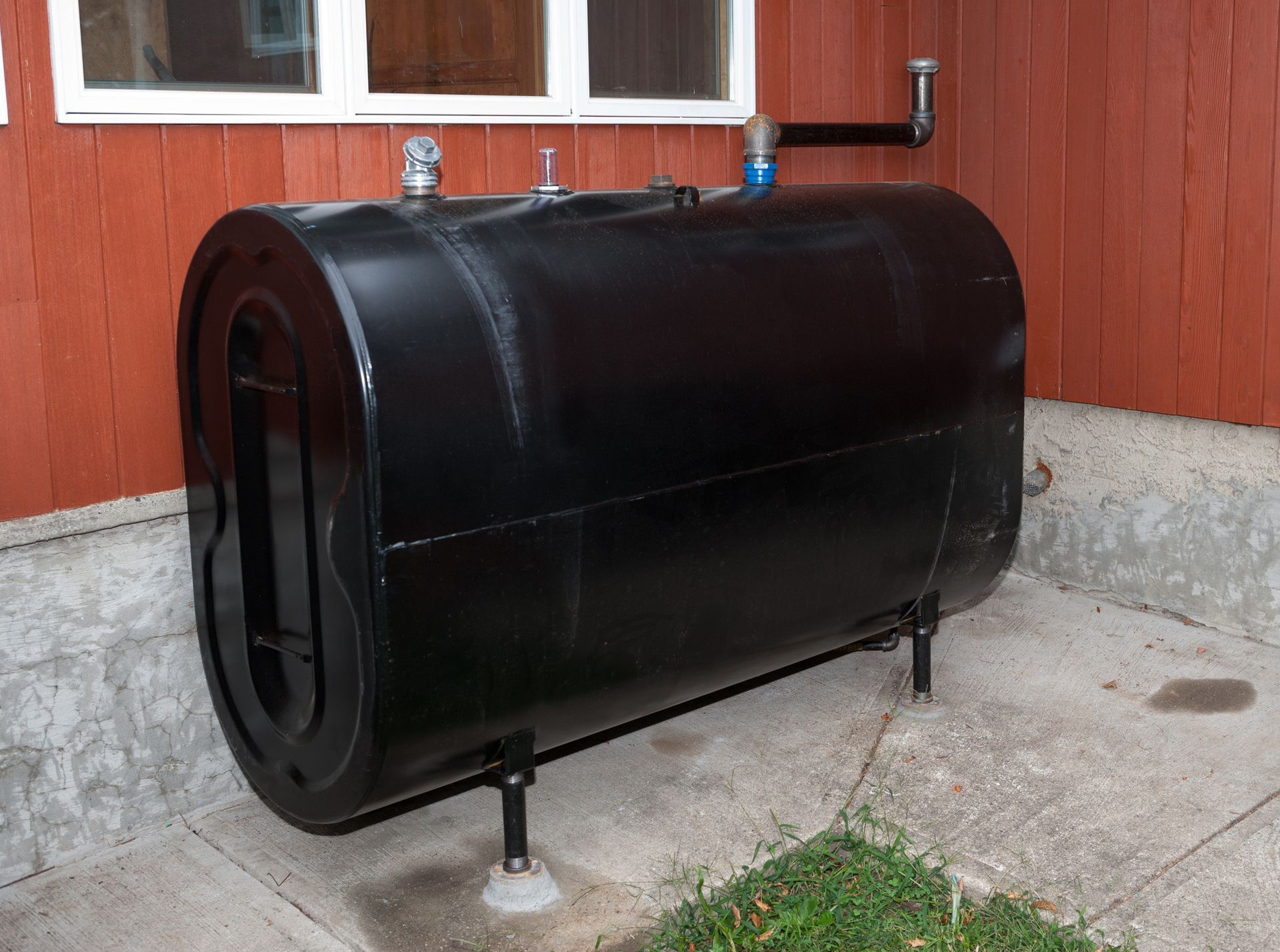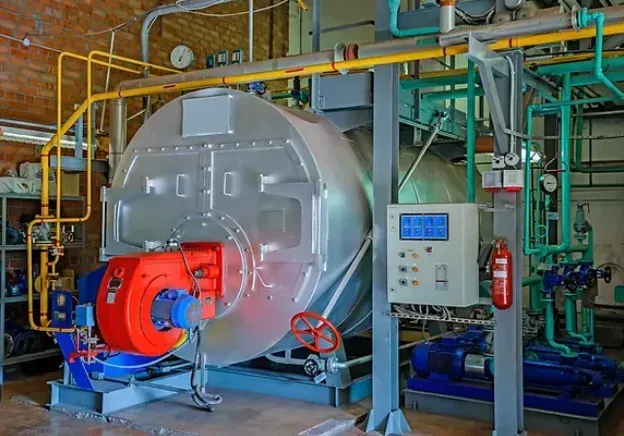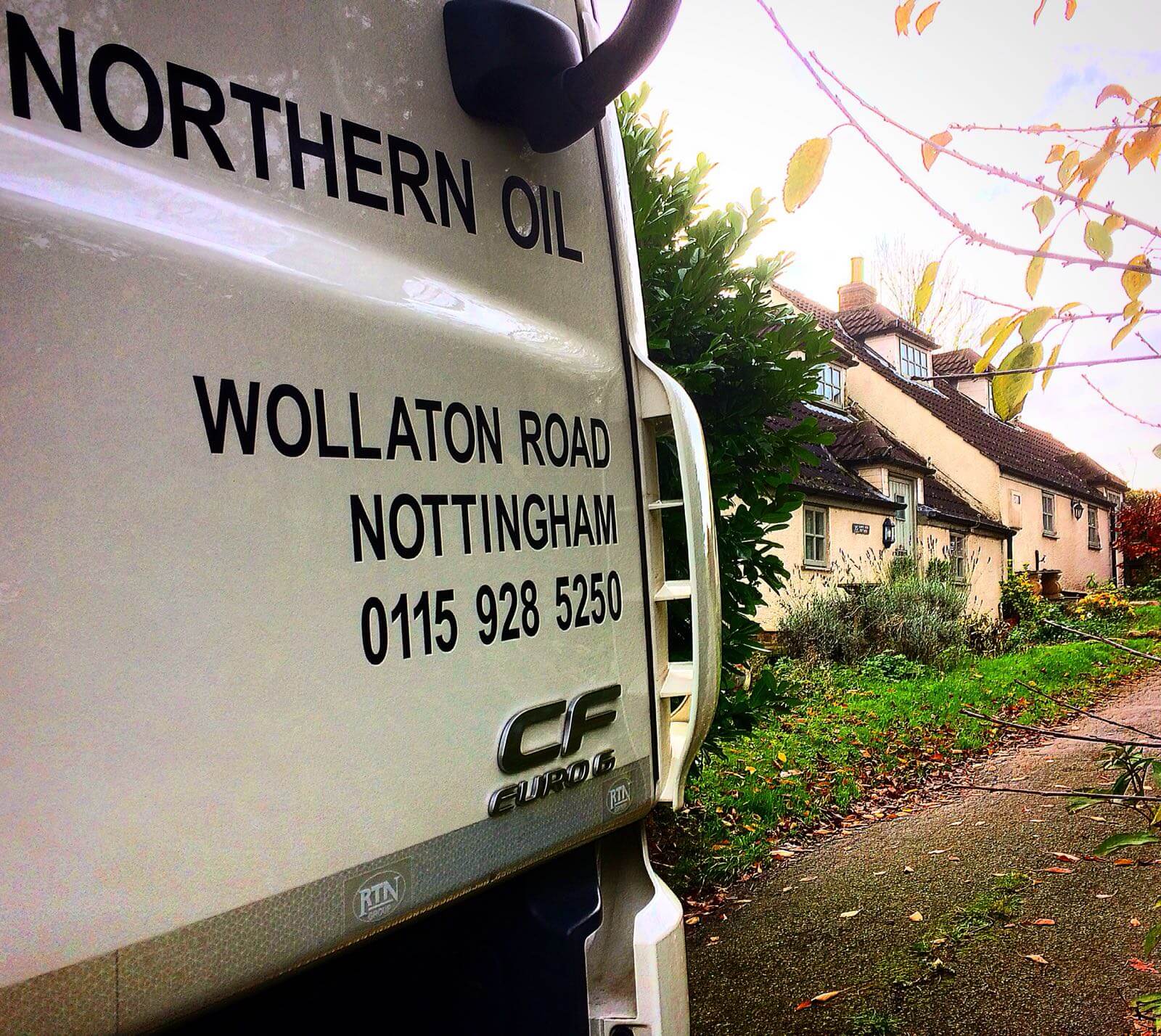Why Home Heating Oil Is A Great Choice For Your House

Oil heating systems offer numerous benefits that make them a smart and efficient choice for homeowners. From cost-effectiveness to heat output and efficiency, oil heating is the best option for keeping your home warm and comfortable this winter. Read on to explore why oil heating is better for your home in comparison to gas and electricity.
What is oil heating?
Oil heating refers to a system that uses oil as the primary fuel source for heating a home or building. It involves the use of an oil-fired boiler or furnace, which burns heating oil to produce heat. The heat generated by the oil burner is then circulated throughout the building using a network of pipes, radiators, or underfloor heating systems. Oil heating systems typically consist of an oil storage tank, where the heating oil is stored on the property. The oil is then fed into the boiler or furnace, where it is ignited and burned to produce heat. The heat is transferred to the air or water, depending on the type of system, and distributed to various rooms or zones in the building.
Oil heating systems are able to provide both space heating and hot water for domestic use. They can be used in many different types of buildings, including residential homes, commercial buildings, and industrial facilities. It’s worth noting that oil heating is commonly used in areas where natural gas is not readily available or where homeowners prefer the advantages that oil heating offers.
What are the benefits of oil heating?
Oil heating has many benefits over gas and electricity. These are some of the most important:
Cost-effectiveness
Oil heating tends to offer more cost-effectiveness than its other heating counterparts, as oil prices tend to be more stable compared to the volatility of gas and electricity rates. This stability ensures that homeowners can better budget their energy expenses without sudden spikes in their bills. Oil heating systems are also known to be highly efficient, converting a greater percentage of the fuel into usable heat. This efficiency translates into lower fuel consumption and reduced heating costs over time. Another advantage of oil heating systems is that they have a longer lifespan than gas or electric systems, minimising the need for frequent replacements and associated costs.
Reliability
Oil heating systems provide homeowners with a sense of reliability. Unlike gas and electricity, which may be subject to disruptions due to power outages or supply issues, oil heating operates independently from the grid. This means that even during emergencies or severe weather conditions, homeowners will be able to rely on their oil heating system to keep their homes warm. Oil heating systems also often include storage tanks on the property, ensuring a constant fuel supply. This autonomy means that your home remains comfortable regardless of external circumstances.
Heat output and efficiency
Oil heating systems are renowned for their high levels of heat output and efficiency. Oil has a higher energy density compared to gas and electricity, meaning it can produce more heat per unit. This allows oil heating systems to quickly and effectively warm up your home, even in colder climates. Additionally, modern oil heating systems incorporate advanced technology that maximises efficiency, reducing fuel wastage and increasing heat distribution. This efficiency not only saves energy but also helps to reduce greenhouse gas emissions, making oil heating a more environmentally conscious choice compared to gas or electric alternatives.
Environmental considerations
While it's true that oil is a fossil fuel, modern oil heating systems have made significant steps in reducing their environmental impact. Oil heating systems now use cleaner-burning fuels with lower sulphur content, resulting in fewer emissions. Oil heating systems also undergo regular maintenance to ensure optimal performance and reduce any potential pollutant releases. Plus, oil heating systems do not carry the same risks of methane leakage associated with gas heating systems, which can contribute to climate change. It's worth noting that oil heating systems are also compatible with biofuels, which are renewable and further reduce carbon emissions.
Payment plans and affordability
Oil heating systems often come with the added benefit of flexible payment plans. Some suppliers offer options such as monthly budget plans, allowing homeowners to spread out their heating costs over the year. This can be particularly helpful for those on a tight budget, providing stability and predictability when it comes to managing heating expenses. Oil prices tend to be more affordable compared to the cost of electric heating, making oil heating an attractive option for homeowners looking to save money without compromising on comfort.
Personal relationship with suppliers
Choosing oil heating often means developing a more personal relationship with your supplier. Unlike gas or electricity, which are typically provided by large utility companies, oil suppliers are often local businesses or family-owned enterprises. This personal touch facilitates better communication and customer service, as suppliers are likely to build long-term relationships with their clients.
Safety and security
Oil heating systems prioritise safety and security. Unlike gas, there is no risk of leaks or explosions associated with oil heating. Oil is non-explosive and requires higher temperatures to ignite, providing homeowners with peace of mind. Oil tanks are also typically located outside the home, reducing the risk of indoor pollution or carbon monoxide poisoning. With proper maintenance and regular inspections, oil heating systems ensure a safe and secure heating solution for your home and family.
Northern Oil
As we are a relatively small family business, at Northern Oil we pride ourselves on offering a professional yet personalised service to all our customers. We can provide a variety of payment options to assist with budgeting, including a direct debit plan to split the cost of your fuel across the year, avoiding those big one-off costs. Please do not hesitate to get in touch if you have any questions or would like any advice on heating your home with oil fired central heating.












